
Episode 3 – Get to the True Cause of the Issue
- Release Date:August 29, 2022
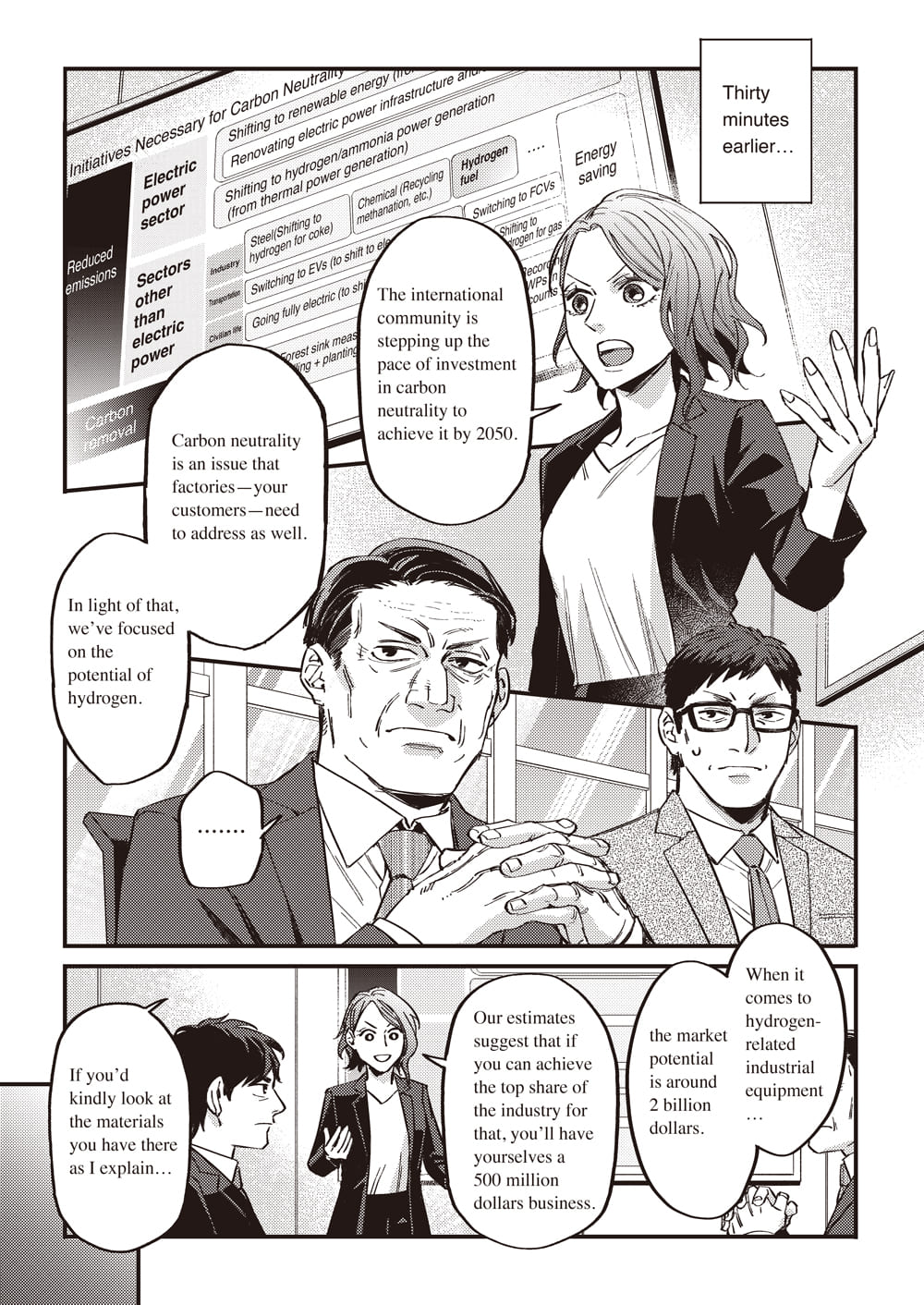
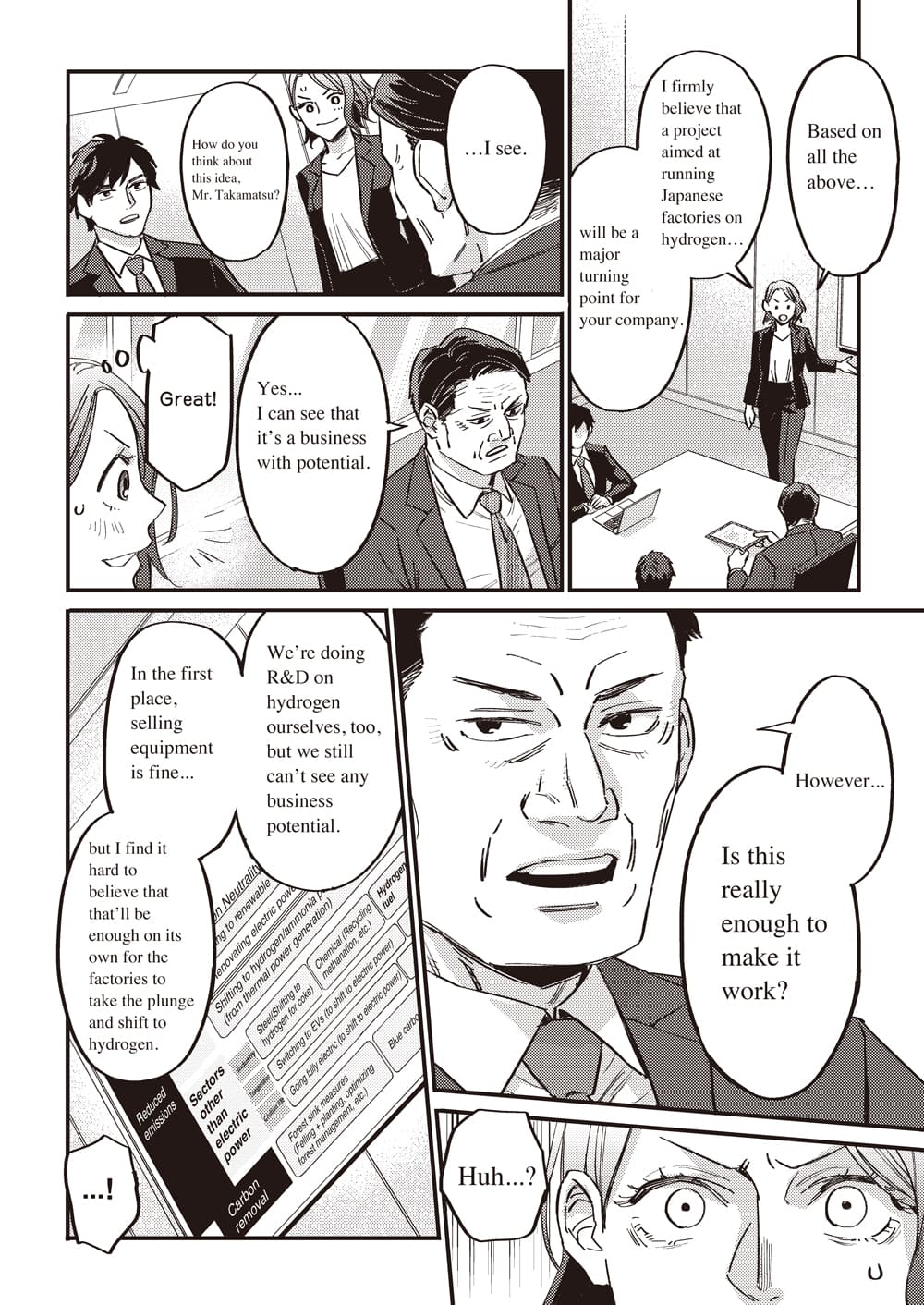
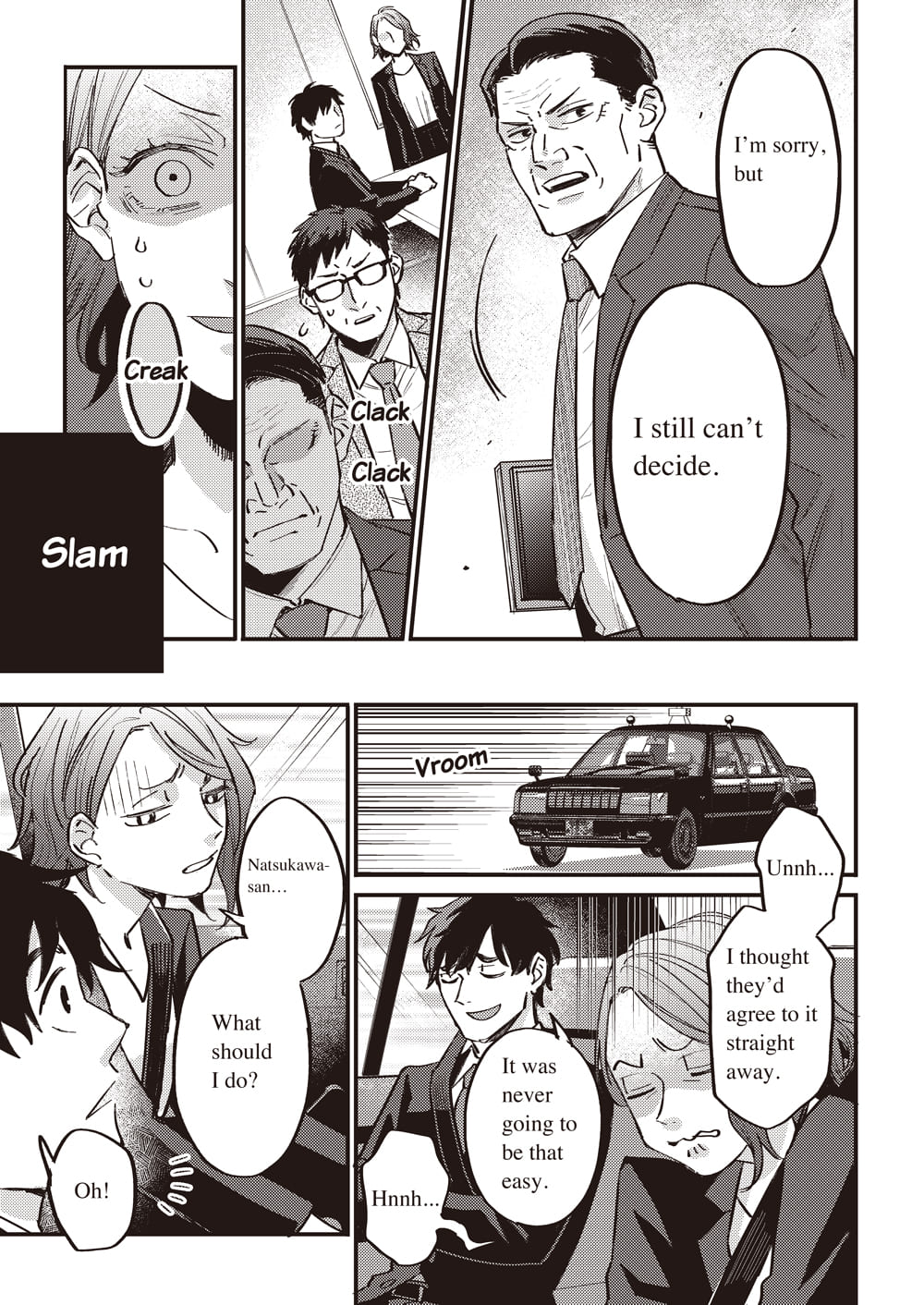
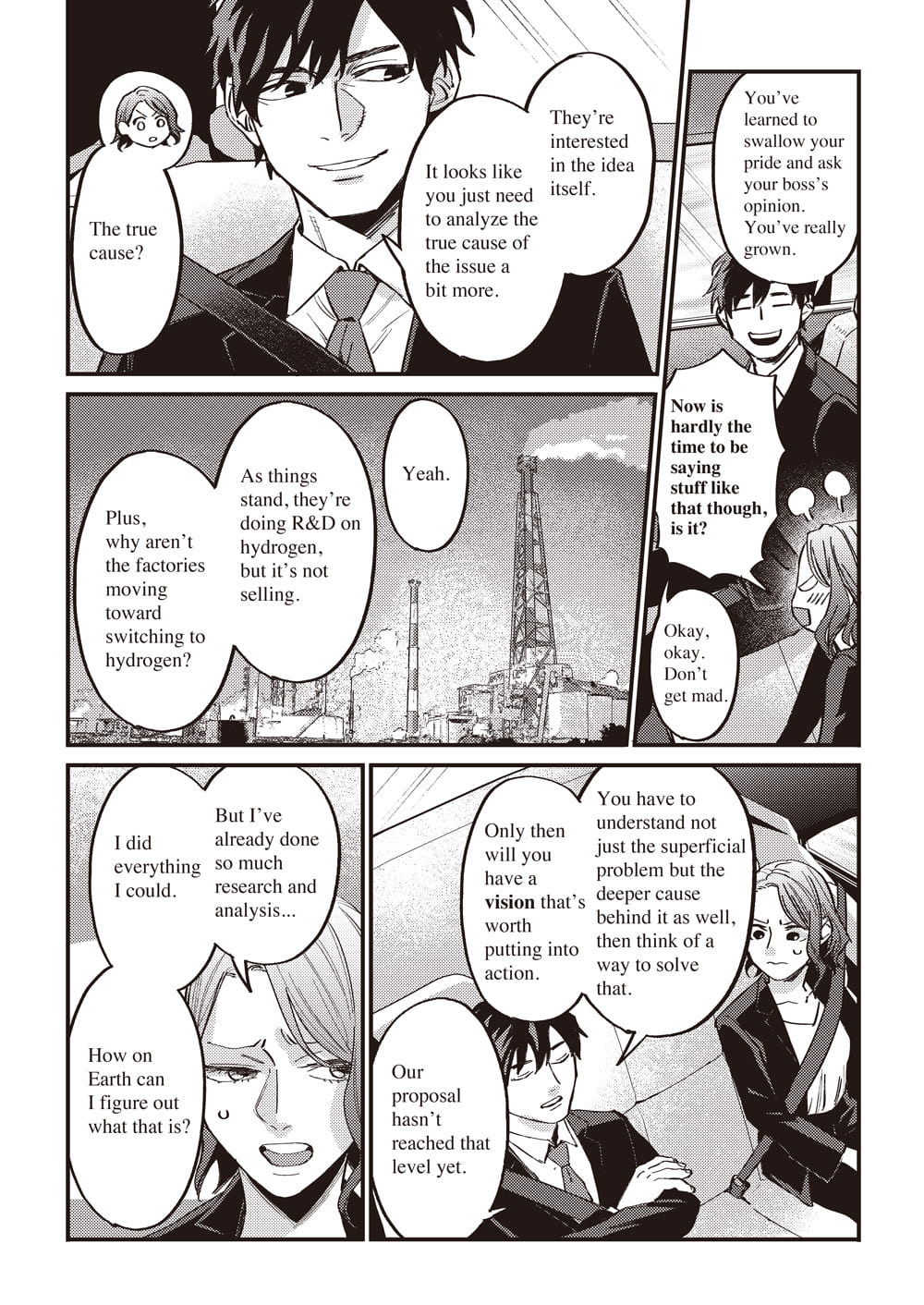
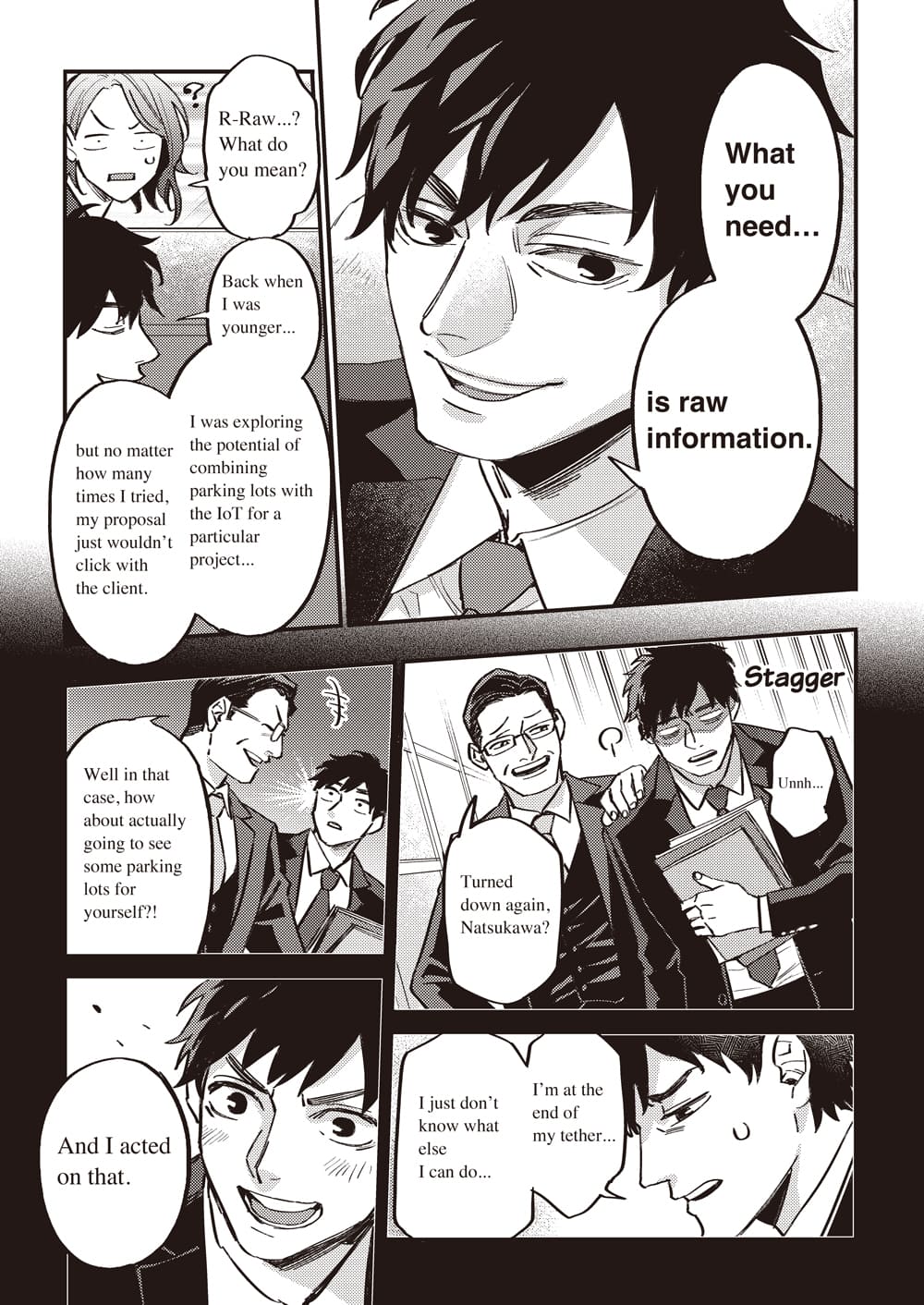
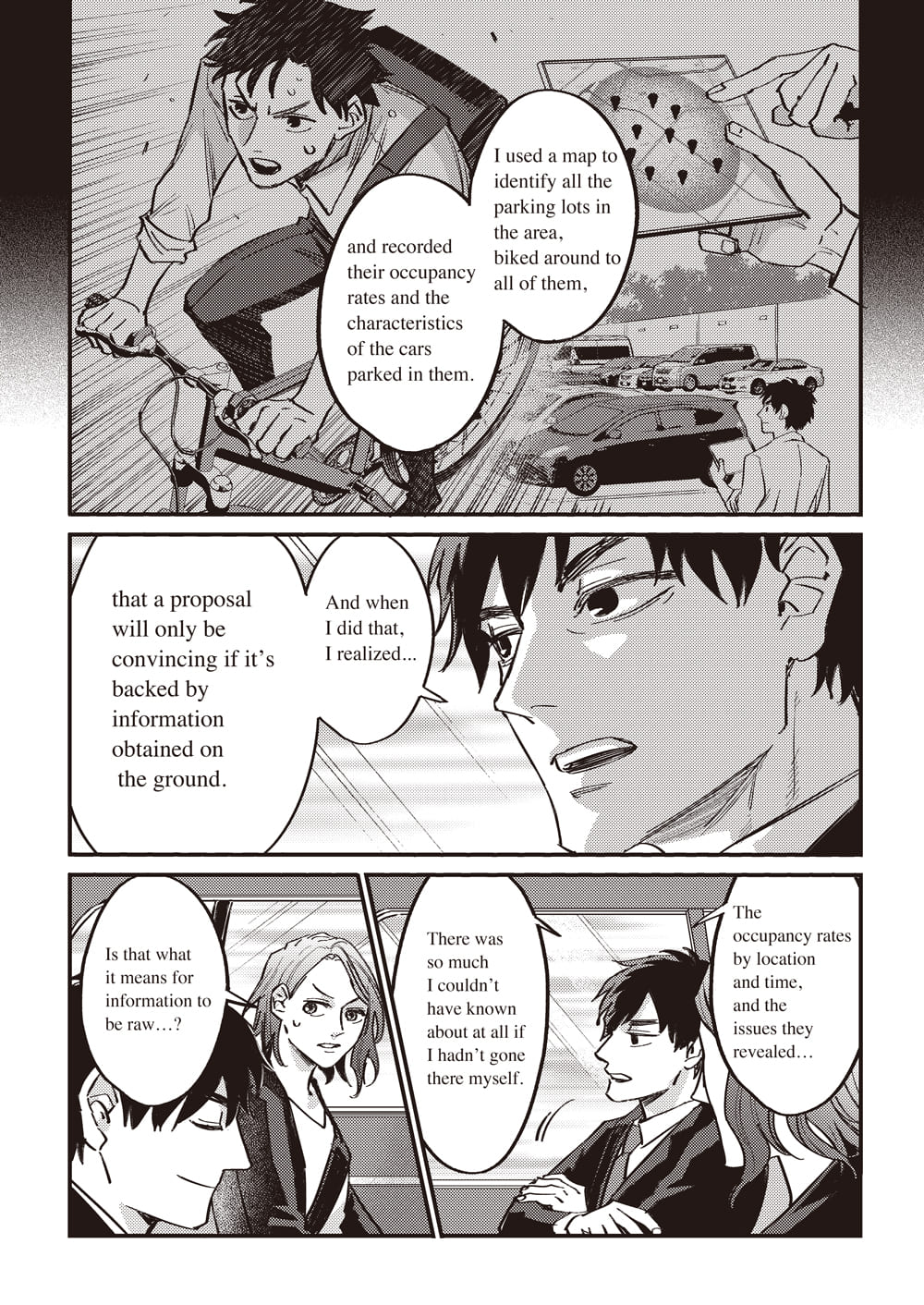


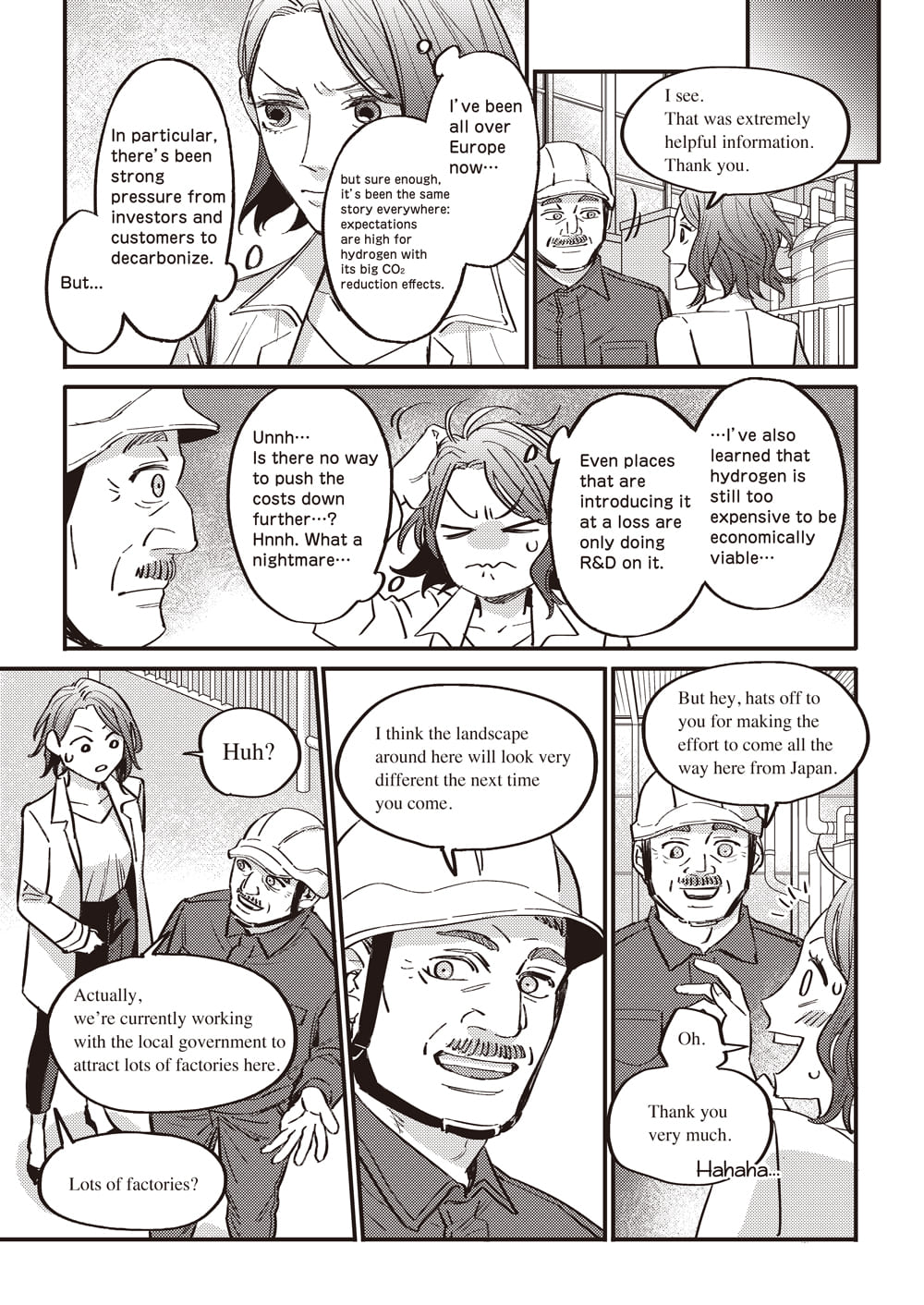
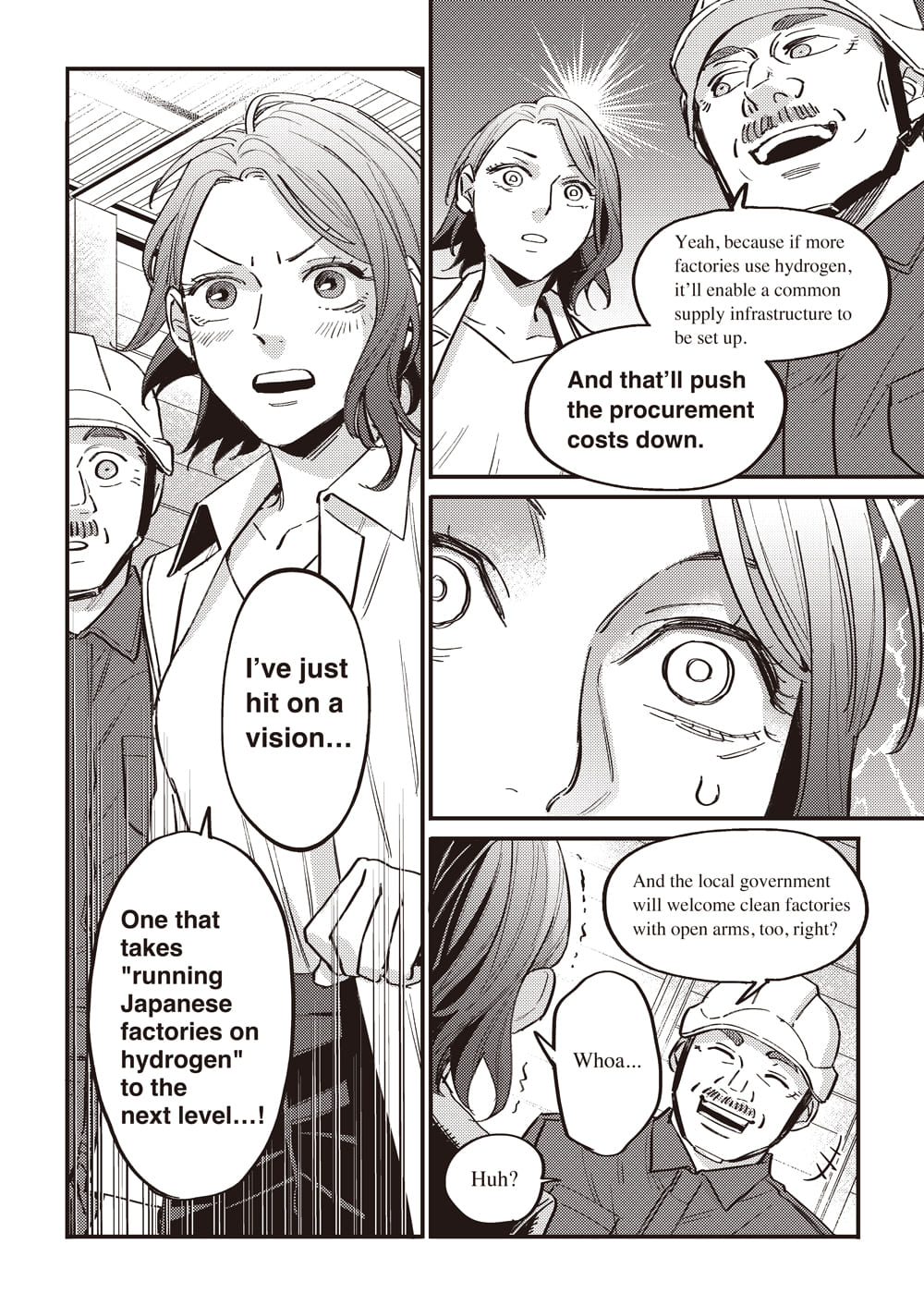
Scenario by Hirobumi Hoshii
Drawing by Syuhei Kamo
Edited by Trend-pro Inc.
Column
Unraveling the Root Cause of Challenges
When contemplating societal issues, solely addressing surface-level problems leads to stagnant discussions.
For instance, consider a company grappling with a labor shortage. The solutions vastly differ depending on whether the company’s challenge lies in recruitment or redundant tasks. Furthermore, identifying which specific tasks are inefficient and understanding any organizational or industry-specific issues underlying them initiates meaningful deliberation for effective solutions. Without grasping the “root cause,” proposed solutions are not only ineffective in resolving the issue but also fail to resonate with others.
Lately, asking “why” five times to uncover the underlying causes has become common. This approach applies equally when considering new business ventures. By repeatedly asking “why” in response to societal issues, one can uncover the “root cause,” leading to a deeper understanding of the problem. Conversely, gaining a profound understanding of the issue often naturally leads to the emergence of solutions.
From Imagination to Plans: Uncovering the Truth Behind Social Issues
After identifying the true cause of a societal issue, the process of refining concrete strategies to overcome this cause transforms “imagination” into “plans.” To comprehensively understand societal issues down to the level of specific strategies, detailed research, particularly the firsthand, raw information gathered on-site, often leads to significant breakthroughs.
In mature industries, the underlying causes of societal issues can stem from “contradictions in industry norms.” However, internal personnel often overlook these contradictions as they perceive them as normal. Conversely, individuals with an objective perspective can easily identify these contradictions when observing the scene, frequently leading them directly to the root cause.
The likelihood of evolving imagination into concrete plans significantly increases with the repeated process of formulating hypotheses, observing the scene, engaging with involved parties, and updating the hypotheses.
